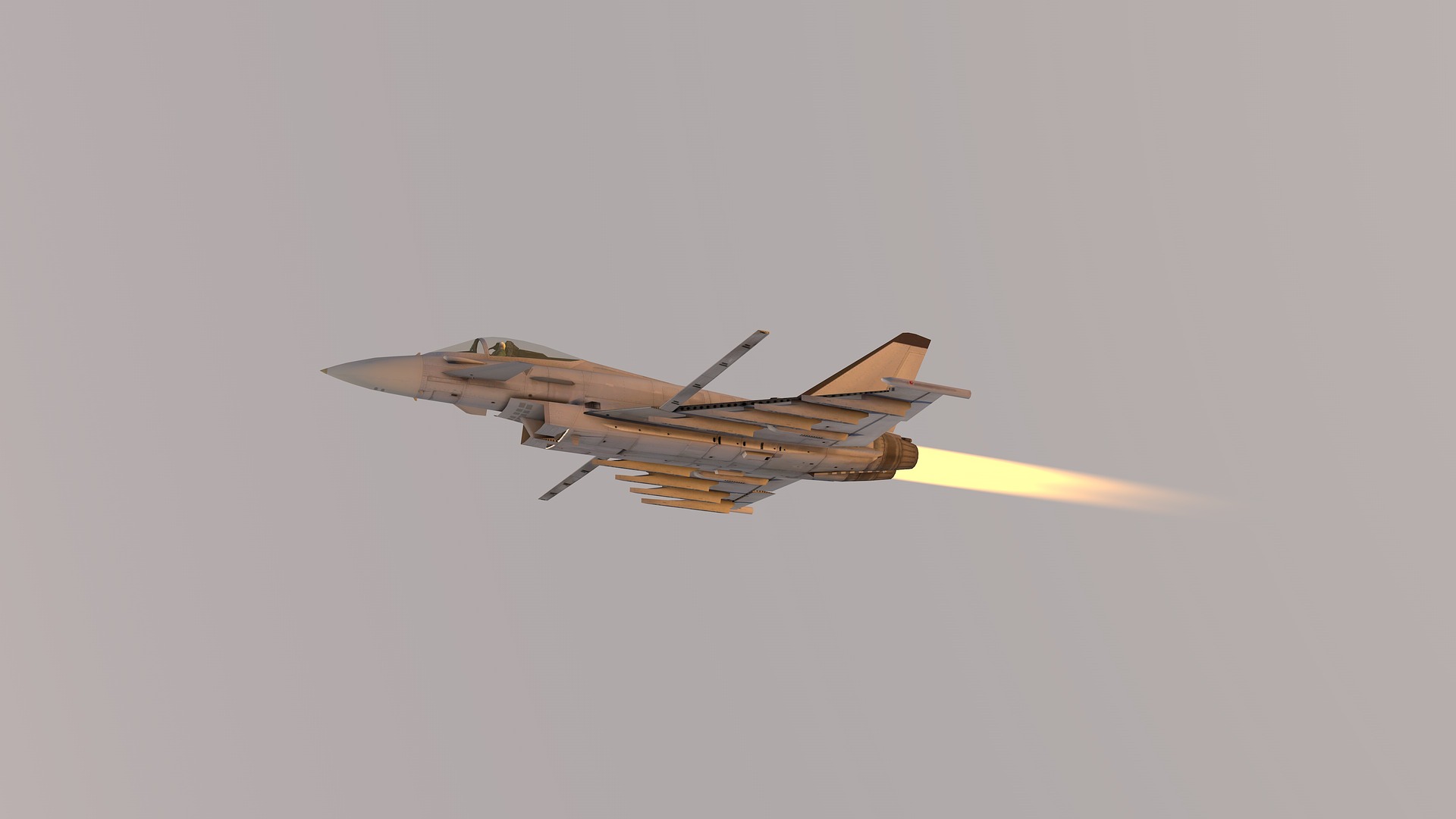After a seven-month interval, the British Ministry of Defence (MoD) announced on 25 April that Royal Air Force contingents have resumed airstrikes against the Islamic State.
As part of the global coalition effort against the Islamic State, the RAF continues to fly daily armed reconnaissance missions over Iraq and eastern Syria. According to the MoD, one such patrol conducted air strikes in support of a counter-terrorism operation in northern Iraq on 10 April.
Assisted by an General Atomics MQ-9 Reaper UAV, a pair of British Eurofighter Typhoons identified IS combatants "occupying a group of fortified buildings in an isolated location west of Tuz Khurmatu, known to be inhabited by active terrorist commanders and fighters".
A city of 120,000, Tuz Khurmatu lies roughly 200 kilometres north of the capital, and has been a flashpoint for US and coalition operations since the 2003 invasion.
The MoD reports that the aircraft conducted a thorough check of the area for non-combatants, before using a combination of precision-guided bombs to destroy the buildings.
Defence Secretary Ben Wallace said, "Britain’s adversaries have not let COVID-19 stop them posing a risk to our citizens and allies. It is for that reason that Defence continues to take whatever steps are necessary – at home and abroad – to keep the nation safe.
"The use of RAF jets and a Reaper aircraft to deliver a successful strike against Daesh terrorists and their hide out demonstrates that the UK’s Defence never sleeps and will always do what is necessary to protect our people."








